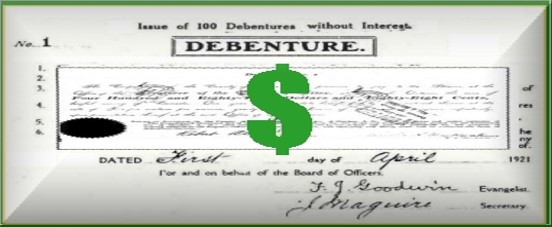Preference shares (also known as preferred stock or preferred shares) are hybrid company securities which give their holders an entitlement to a fixed dividend but which do not usually carry voting rights. Preference shares carry a higher priority to Ordinary shares in the distribution of dividends and the division of the liquidated assets of the company upon insolvency. Preference shareholders are paid fixed-rate dividends before dividends are paid to ordinary shareholders. Preferred shares are more common in private or pre-public companies, where it is useful to distinguish between the control of and the economic interest in the company.
The important difference between preference and ordinary shares are:
- The dividend on ordinary shares is uncertain and variable (high when the company does well, poor or non-existent when it does badly). Preference shareholders get a fixed dividend which, if not paid, usually accrues until it can be.
- Each ordinary share usually carries a vote. Preference shares do not usually carry a vote unless dividends fall into arrears.
- In the event of a winding up, preference shares are usually repayable at par value, and rank above the claims of ordinary shareholders (but behind bank and trade creditors).
There are different kind of preference shares available, such as cumulative and non cumulative preference shares, redeemable and non-redeemable preference shares, convertible and non-convertible preference shares, participating and non participating preference shares. The type used depends upon the object sought to be achieved by the company.
- Cumulative: dividend is accumulated if the company does not earn sufficient profit to pay the dividend i.e., if the dividend is not paid in one year it will be carried forward to successive years;
- Non-cumulative: if the company is unable to pay the dividend on preference shares because of insufficient profits, the dividend is not accumulated. Preference shares are cumulative unless expressly stated otherwise;
- Participating: participating preference shares, in addition to their fixed dividend, share in the profits of a company at a certain rate;
- Convertible: apart from earning a fixed dividend, convertible preference shares can be converted into ordinary shares on specified terms;
- Redeemable: redeemable preference shares can be redeemed at the option of the company either at a fixed rate on a specified date or over a certain period of time.
For investment advisory, legal advise and transactional due diligence relating to the issuance and purchase of corporate securities, please contact Milton and Cross Commercial Solicitors on +2348038258312 or by email at miltoncrosslexng@gmail.com

